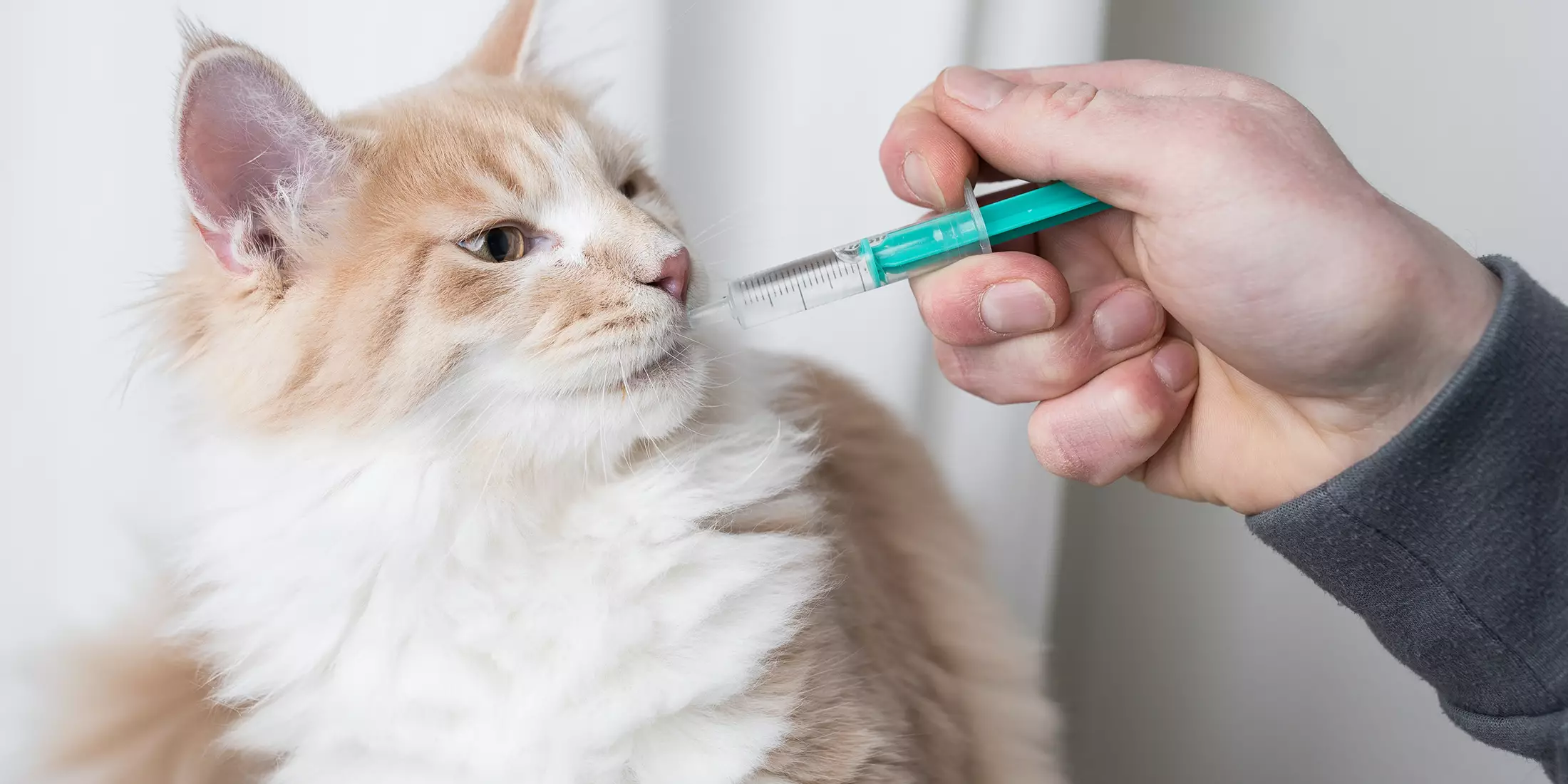Parasites in Cats
Contents of Article
As compared to other animals, cats are fairly easily infected with a parasitical infestation. Parasites in cats can affect them in numerous ways, from causing a mild irritation to life-threatening problems. Not only this, all parasites can transmit diseases to humans. Timely intervention is crucial to treating a parasitic infestation in cats and keeping your kitty safe from resulting complications, such as diarrhea, anemia, and intestinal problems, among others.
What is Feline Toxoplasmosis: Parasites in Cats
A parasite is a living organism that survives on another animal. It derives nourishment by feeding on the host. Fleas, ticks, flies, mites, worms, and lice are some of the common parasites in cats. Toxoplasmosis is a parasitic disease in cats that causes serious problems for the host. A parasite can complete its lifecycle in the infested kitty, if left untreated.
The disease is transmitted to humans if they accidentally consume or come in touch with the fecal material of cats. This can be especially dangerous to pregnant women and people with a compromised immune system.Use disposable litter pans if you belong to the high-risk category to prevent the risk of infection.
How Can I Prevent My Kitty From Getting Toxoplasmosis?
The best way to keep your pet untouched from a parasitic infection is to keep her indoors and avoid feeding her uncooked, raw meat. Uncooked meat raises her chances of infection, as it has a high potential for contamination with Toxoplasma gondii.
Another potential risk of parasitic infection in cats is when they come in contact with the feces of an infected kitty.
How Will I Know of Parasitic Infestation in Cats?
Parasites in cats are of two types:
- That live inside the body
- That live on the skin
An understanding about these pests can help you prevent or treat pest infestation in your furry friend.
As they easily adapt to the host’s body, parasites are often “silent” and living in balance with the host. As a result, they cause no observable health issues. However, the infestation starts to surface when the parasites multiply in number, compromising with the pet’s health and growth.
Poor or stunted growth, dull hair coat, diarrhea, and lack of energy are some of the most common initial signs of intestinal parasites in a kitty. Some other signs of parasites in cats may include the following:
- A skinny body with a big tummy
- Anemia
- Brittle hair coat
- Listlessness
- Boniness
- Picky eating habits
In adult cats, parasite infestation may cause multiple health issues. Some parasites, such as tapeworms and roundworms, can be seen in the pet’s stool.
Diagnosis of Parasites in Cats
A vet may require a fresh suspension of your cat’s feces for testing on a slide with some saline to identify the type of parasitic infestation in your furry feline under a microscope.
A few intestinal parasites in cats are harmless. But some others, including tapeworm and roundworm, silently suck up all the nutrients through their skin, without actually injuring the pet’s intestine. A few others block nutrient absorption and release a mild toxin that destroys the finger-like projections in the cat’s intestines. There are other parasites that erode the intestinal lining and cause inflammation. Inflamed and ulcerated intestines cannot absorb nutrients. They leak precious blood, further resulting in blood loss and anemia.
When the number of these parasites multiples in a cat, your kitty’s health will suffer drastically, which may result in diarrhea and digestion problems. As a result of intestinal irritation, the kitty loses appetite and suffers from vomiting. The kitten’s small body is unable to fight parasitic infestation on a large scale.
Parasite Prevention in Cats
Keep your furry friend healthy and parasite free by following these tips:
- Make routine visits to the vet to have your pet examined for any parasitic infestation.
- Go for periodic heartworm tests.
- Make cooked or prepared food for your cat.
- Provide her with fresh, potable drinking water.
- Deworm nursing mothers and their kittens.
- Conduct fecal examinations on your kitty 2 to 4 times to test for parasitic infestation during the first year of her life.
Treatment of parasites in cats is generally outpatient. The vet may prescribe a sulfa-based medication, which will help kill the parasite. However, the dehydrated kitty will need to be rehydrated. A follow-up fecal examination is done after 1-2 weeks to ensure that the cat is free from any parasitic infestation.







